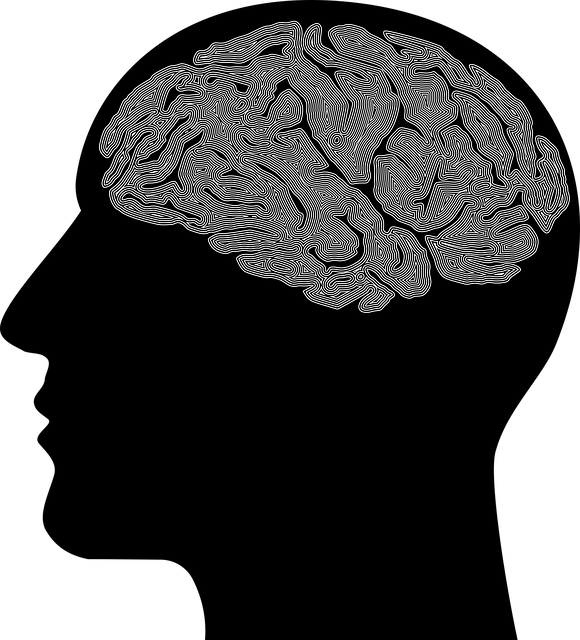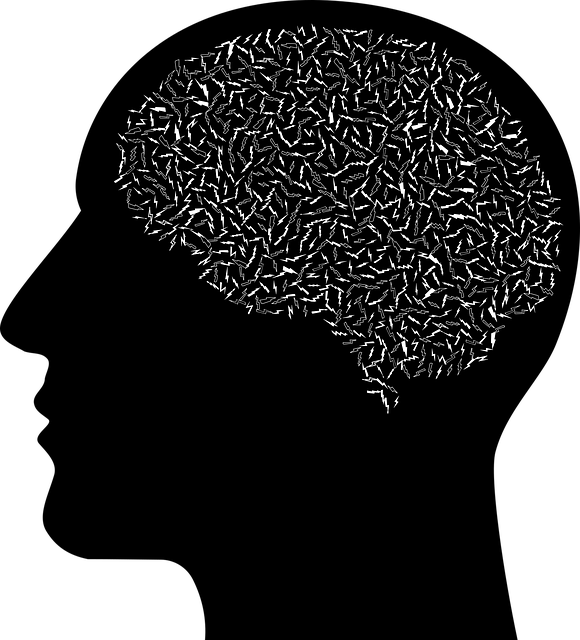Crisis Intervention Teams (CITs) play a pivotal role in supporting individuals with severe emotional distress, including those suffering from OCD. Lakewood Obsessive Compulsive Disorder Therapy leverages CITs as a safety net, offering specialized training to stabilize clients and connect them with longer-term treatment options. This holistic approach combines exposure therapy, cognitive-behavioral techniques, and mindfulness practices to manage OCD symptoms effectively. Training programs equip mental health professionals with skills in risk assessment, de-escalation, and evidence-based interventions, fostering community resilience through early crisis intervention. By addressing misconceptions and promoting understanding, Lakewood OCD Therapy contributes to improved mental health outcomes for individuals navigating complex OCD challenges.
In today’s complex landscape, effective crisis intervention teams (CITs) play a vital role in mental health support. These specialized groups are trained to navigate high-stress situations, offering immediate assistance and stabilizing individuals during crises. This article explores the critical nature of CITs, focusing on the specific needs of those suffering from obsessive-compulsive disorder (OCD). We delve into innovative programs like Lakewood Obsessive Compulsive Disorder Therapy and highlight key training components. Additionally, we examine the benefits and challenges of CIT training in enhancing community resilience.
- Understanding Crisis Intervention Teams: A Critical Role in Mental Health Support
- The Impact of OCD: Recognizing the Need for Specialized Training
- Lakewood Obsessive Compulsive Disorder Therapy: An Innovative Approach
- Key Components of Effective Crisis Intervention Team Training Programs
- Benefits and Challenges: Enhancing Community Resilience through Training
Understanding Crisis Intervention Teams: A Critical Role in Mental Health Support

Crisis Intervention Teams (CITs) play a pivotal role in mental health support, particularly when it comes to addressing severe emotional distress or psychological crises. These specialized teams are designed to provide immediate and effective assistance to individuals experiencing intense mental health challenges, such as those with obsessive-compulsive disorder (OCD). In the context of Lakewood OCD therapy, CITs offer a crucial safety net, ensuring that clients receive prompt and tailored care.
The primary goal of these interventions is to stabilize individuals, prevent escalation of their condition, and facilitate access to longer-term treatment options. Through comprehensive training in crisis management, de-escalation techniques, and emotional healing processes, CIT members are equipped to support not only the individual in crisis but also their families. By fostering inner strength development, these programs empower clients to navigate future challenges with resilience, ultimately contributing to improved mental health outcomes.
The Impact of OCD: Recognizing the Need for Specialized Training

Obsessive-Compulsive Disorder (OCD) is a mental health condition that significantly impacts individuals’ daily lives and requires specialized care. The impact of OCD extends beyond mere anxiety; it can lead to severe functional impairments, affecting personal relationships, work performance, and overall quality of life. Recognizing the unique challenges faced by those with OCD is crucial in designing effective interventions. This need for specialized training becomes increasingly evident when considering the complex nature of OCD symptoms, which often involve intrusive thoughts, repetitive behaviors, and intense anxiety.
In light of this, Healthcare Provider Cultural Competency Training plays a vital role in equipping professionals with the skills to offer Lakewood Obsessive Compulsive Disorder Therapy that is both effective and sensitive to individual needs. Mental Wellness advocates emphasize the importance of training programs that can educate healthcare providers about the diverse presentations of OCD, ensuring they are prepared to deliver evidence-based treatments tailored to each patient’s cultural background and personal experiences. Mental Health Education Programs Design should focus on raising awareness, challenging misconceptions, and fostering an environment where individuals with OCD feel understood and supported.
Lakewood Obsessive Compulsive Disorder Therapy: An Innovative Approach

Lakewood Obsessive Compulsive Disorder (OCD) Therapy represents a groundbreaking approach in crisis intervention team training programs. This innovative method focuses on addressing OCD symptoms and behaviors through a multifaceted strategy that combines exposure therapy, cognitive-behavioral techniques, and mindfulness practices. By integrating these approaches, the program empowers individuals to confront and overcome their obsessions and compulsions, leading to significant improvements in quality of life and mental well-being.
The Lakewood OCD Therapy goes beyond traditional treatments by emphasizing the importance of communication strategies and self-esteem improvement. Participants learn effective ways to communicate their experiences, needs, and boundaries, fostering healthier relationships and enhancing their overall confidence. This holistic approach ensures that individuals not only manage their OCD symptoms but also develop the resilience needed to thrive in various aspects of life, including personal and professional settings.
Key Components of Effective Crisis Intervention Team Training Programs

Effective crisis intervention team (CIT) training programs are multifaceted and tailored to equip mental health professionals with the skills needed to manage severe emotional crises. These programs often incorporate key components such as comprehensive risk assessment techniques, mindfulness-based practices, and evidence-based interventions for common mental health disorders like obsessive-compulsive disorder (OCD). By blending theoretical knowledge with practical application, CIT training empowers professionals to respond swiftly and effectively during high-pressure situations, ensuring the safety and well-being of clients.
The curriculum should also emphasize the importance of self-care and resilience among team members. Mental health professionals must learn to manage their own stress and anxiety, as they will be at the forefront of crisis interventions. Mind over matter principles, coupled with techniques for anxiety relief, play a crucial role in cultivating emotional fortitude. Moreover, training should include strategies for navigating complex situations, de-escalation techniques, and post-crisis follow-up protocols, ensuring that the CIT team provides holistic support to clients facing severe mental health crises.
Benefits and Challenges: Enhancing Community Resilience through Training

Crisis intervention team training programs play a pivotal role in enhancing community resilience by equipping individuals with the skills to support those facing mental health crises. These initiatives, such as Lakewood Obsessive Compulsive Disorder (OCD) Therapy programs, offer numerous benefits. Participants gain a deeper understanding of various mental health conditions, allowing them to recognize signs and provide effective assistance. Through role-playing scenarios and practical exercises, team members learn crucial de-escalation techniques and crisis management strategies. This training fosters empathy, strengthens community bonds, and encourages early intervention, ultimately reducing the impact of severe episodes.
However, navigating these programs comes with challenges. One significant hurdle is ensuring accessibility and inclusivity to attract a diverse range of participants, especially those from underrepresented communities. Additionally, maintaining consistent quality and updating curricula to reflect the latest research in mental health practices can be demanding. Despite these obstacles, effective crisis intervention training empowers individuals to take charge during critical moments, supporting their peers and fostering a culture of care within their communities. Incorporating aspects like mood management, self-care practices, and self-awareness exercises further strengthens their effectiveness.
Crisis intervention team (CIT) training programs play a pivotal role in equipping professionals to handle mental health crises effectively. As highlighted by the innovative approach of Lakewood Obsessive Compulsive Disorder Therapy, specialized training is crucial for addressing complex conditions like OCD. By focusing on key components such as cultural competency and evidence-based practices, CIT programs enhance community resilience and improve outcomes for individuals in distress. While challenges exist, the benefits of well-rounded training are indelible, ensuring that teams are prepared to navigate even the most labyrinthine mental health crises with empathy and proficiency.










